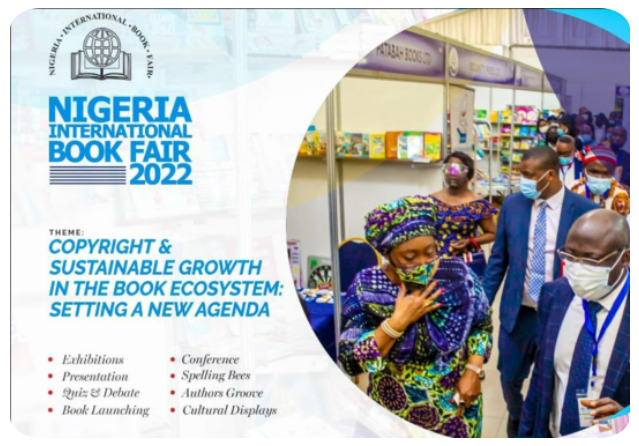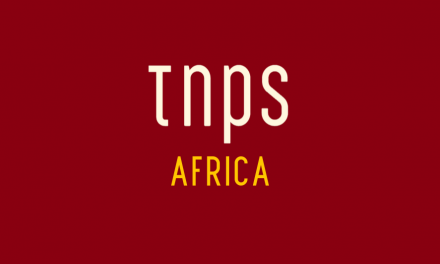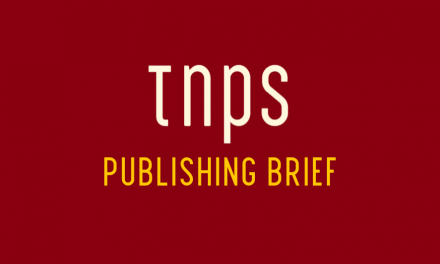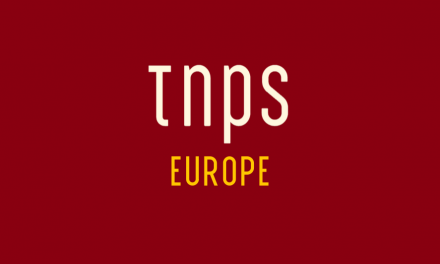Nigeria and other national publishing events organisers across sub-Saharan Africa would do well to look at how the MENA book fairs have adjusted their approach to balance the requirements of the industry professionals with the need to build broad consumer interest in books of all types, by running both a professional element and a public-facing element for their book fairs, getting the best of both worlds.
The Nigeria Internatioal Book Fair will be hybrid this year as the country’s publishing setor continues its long-ovedue embrace of the digital advantage.
Running May 12-14 at the Harbour Point Event Center in Lagos, the Nigeria International Book Fair will this year run with the theme “Copyright and Sustainable Growth in the Book Ecosystem: Setting a New Agenda”.
Thanks to the digital element we can all particpate, wherever we may be. Just register here to get a piece of the action.

Nigeria has, depending on your preferred source, between 110-120 million people online, and Nigerian publishers are slowly coming to terms with the advantage digital can bring to their busineses and to the wider society by making books more widely available than the ink-on-paper model can offer, but there’s still a long way to go.
The Nigeria International Book Fair claims to be the second largest book fair in Africa. It’s not clear by what criteria.
As a trade-facing event the NIBF will certainly be among the largest in sub-Saharan Africa, but in terms of book fairs per se the 5,600 visitors that typically attend the Lagos event barely move the needle compared to the literally millions that turn out for the public-facing book fairs in North Africa.
Tunisia’s Tunis book fairs (national and international) attract tens of thousands, Morocco’s Casabanca International Book Fair would consider anything less than half a million visitors a poor show, while Algeria’s Algiers International Book Fair regularly attracts 1-2 million visitors, and Egypt’s Cairo International Book Fair is literally the largest book fair in the world, pulling in 2 million visitors eaier this year despite the Covid-19 restrictions.
The trade focus of the Nigeria Intenational Book Fair is of course understandable and necessary, but also a reflection of the prevalent view across sub-Saharan Africa that book publshing is about education and learning, with reading for pleasure still along way down the list of priorities.
Nigeria and other national publishing events organisers across sub-Saharan Africa would do well to look at how the MENA book fairs have adjusted their approach to balance the requirements of the industry professionals with the need to build broad consumer interest in books of all types, by running both a professional element and a public-facing element for their book fairs, getting the best of both worlds.






I am interested in Attending this book fair